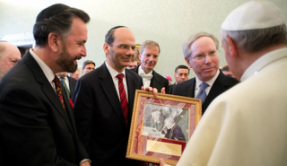
At the meeting this week Pope Francis spoke of friendship being the basis of the development of more official dialogues
and reflected on his own friendship with members of the Jewish community in Buenos Aires. He said " I met with them on various occasions to discuss the challenges which Jews and Christians both face. But above all, as friends, we enjoyed each other’s company, we were all enriched through encounter and dialogue, and we welcomed each other, and this helped all of us grow as people and as believers". Obviously the Pope is a supporter of face to face dialogue and sees the time spent in developing good relations as a positive thing which allows for conversations about difficult issues.

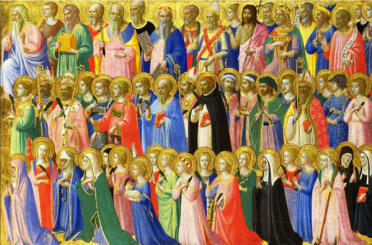
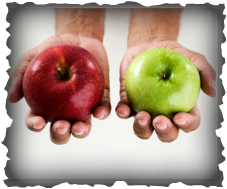
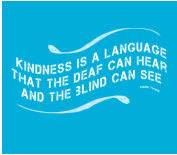
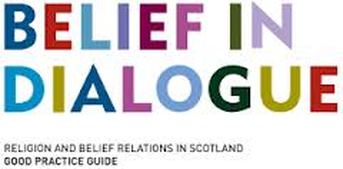

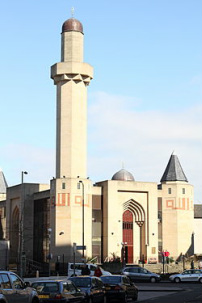
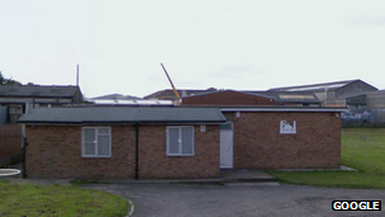

 RSS Feed
RSS Feed
